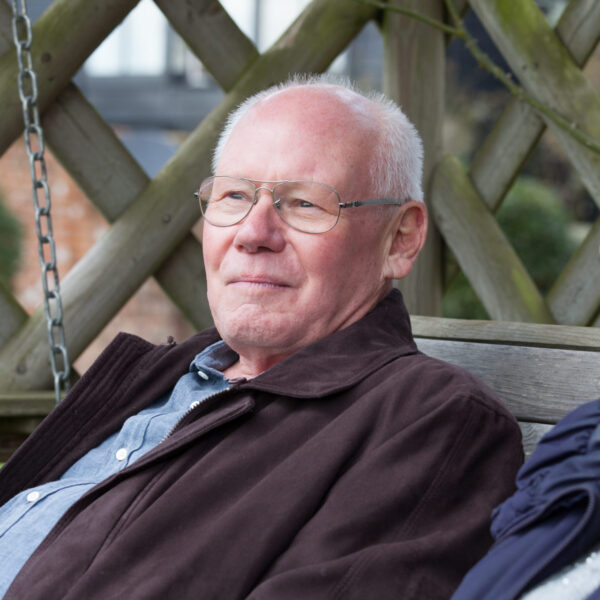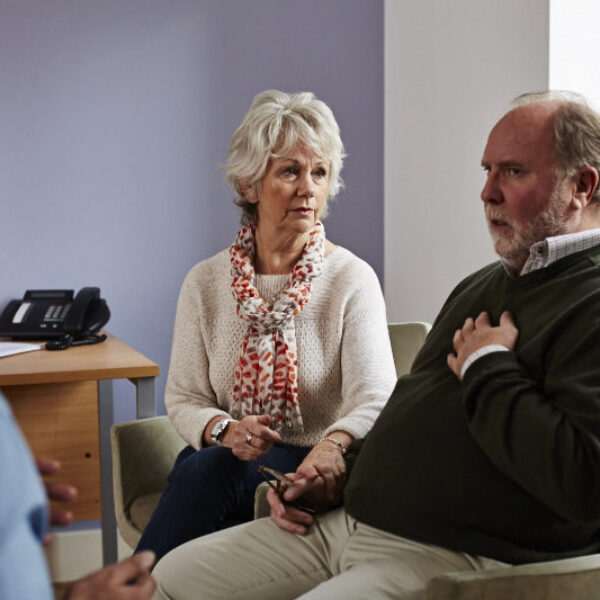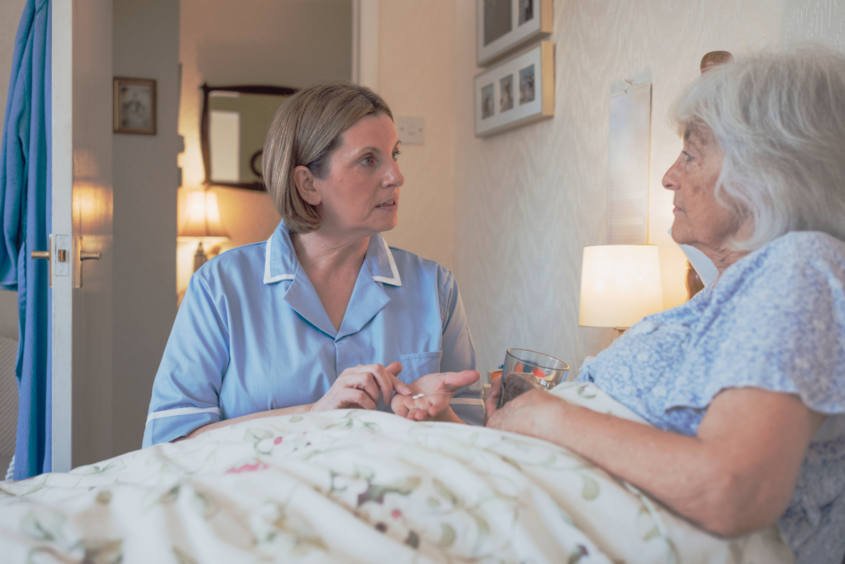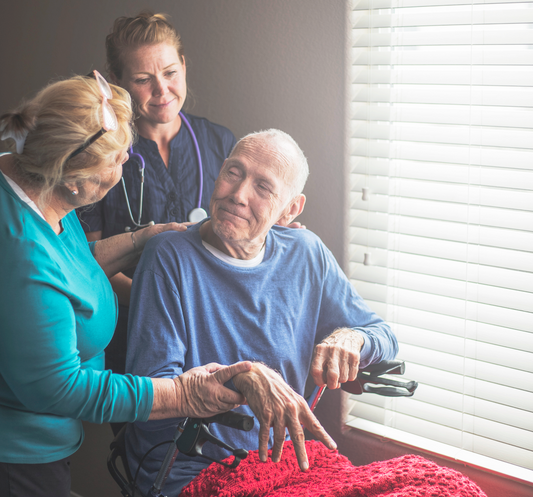Read our booklet about end of life care
To read more about end of life care, download our booklet, Pancreatic cancer and end of life care. Information for people in the last few months of life
You can also order a physical copy.
You may find some of this information upsetting or difficult to read. Not all of it may be relevant to you at the moment – use the boxes below to find the information you need.

Find out how to get emotional support for you and your family if you need it.

Your care will focus on managing any symptoms you have and supporting you emotionally.

Your symptoms may change in the last months or weeks of life, and you may get new symptoms. There are ways to manage most symptoms.

It can be hard to know how to start conversations about dying. Talking openly about your feelings and wishes can help people to support and care for you.

Some people get comfort from knowing that plans are in place for after they die. This might include making a will, planning a funeral or making sure family and pets are looked after.
To read more about end of life care, download our booklet, Pancreatic cancer and end of life care. Information for people in the last few months of life
You can also order a physical copy.

Our friendly specialist nurses, like Jeni, can talk to you about what to expect when you or a loved one are approaching the end of life. Contact them on phone, email or WhatsApp to ask your questions or just to chat.

Looking after someone who is nearing the end of their life can feel overwhelming. Knowing where to get help and information can take some of the pressure off and can help you make the most of the time you have left with your loved one.


Your loved one may be cared for at home or in a hospital, hospice or care home. Find out about what support you can expect.

People with pancreatic cancer can become ill very quickly over a few days, and you may not get much warning that the end is near. Read about some of the signs that end of life may be near.

It is natural to feel a range of emotions after someone close to you has died from pancreatic cancer. Find out more about grief and getting support.
To read more about what to expect as your loved one approaches the end of their life, download our booklet, What to expect in the final weeks and days of life. When someone close to you has pancreatic cancer.
You can also order a physical copy.

We have listed some of the references to the sources used to write this information. If you would like the full list of references, email us at publications@pancreaticcancer.org.uk
We would like to thank the following people who reviewed our information about end of life care.
Published August 2024
Review date August 2027